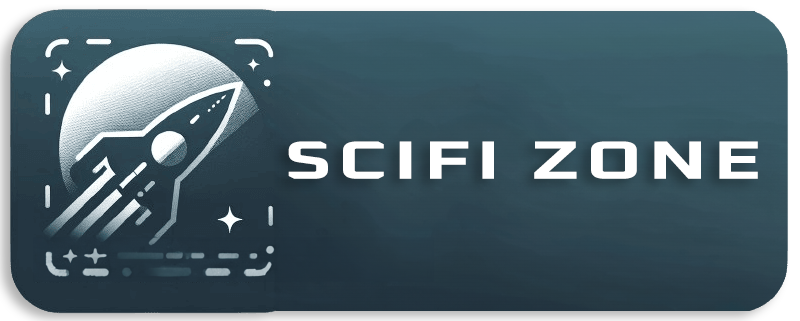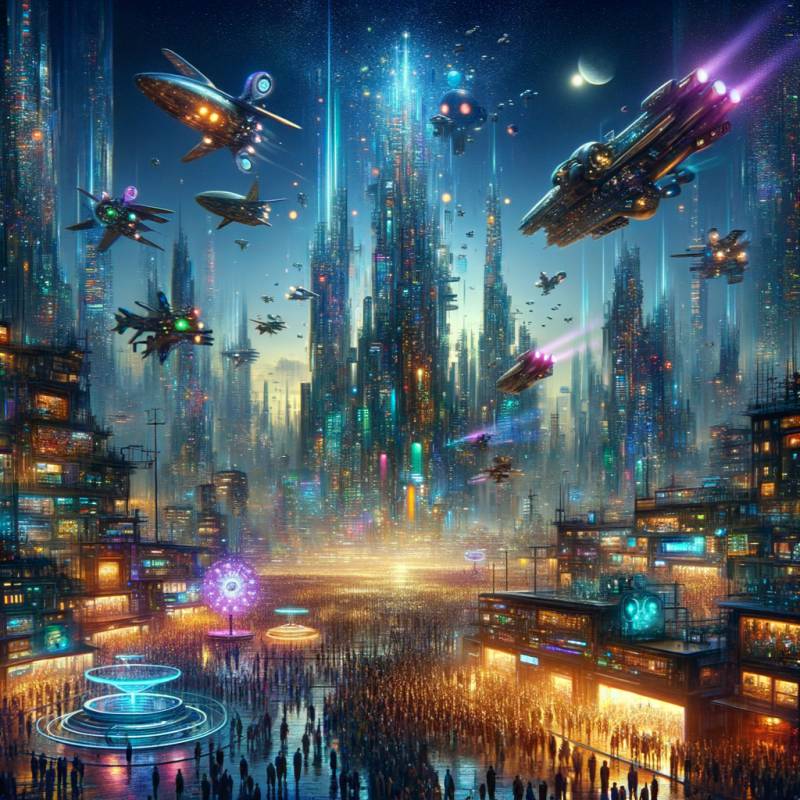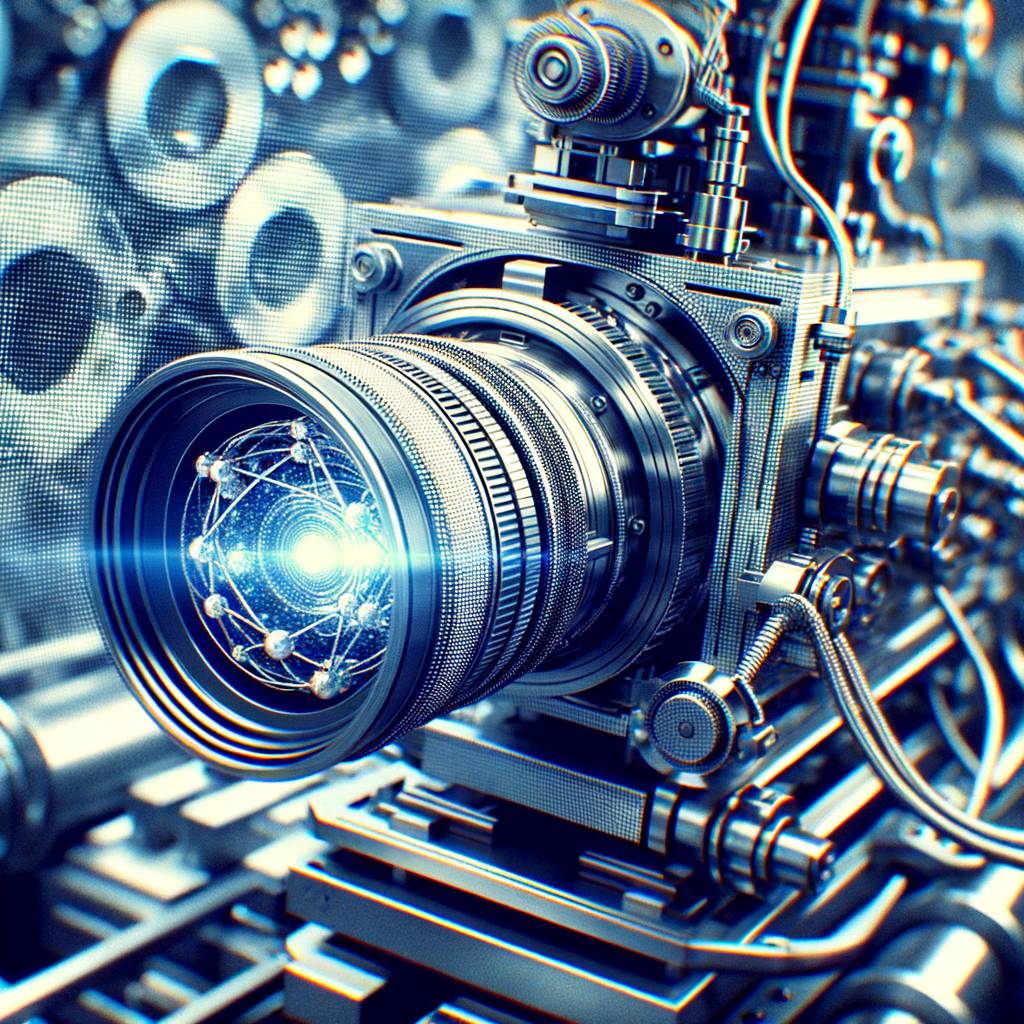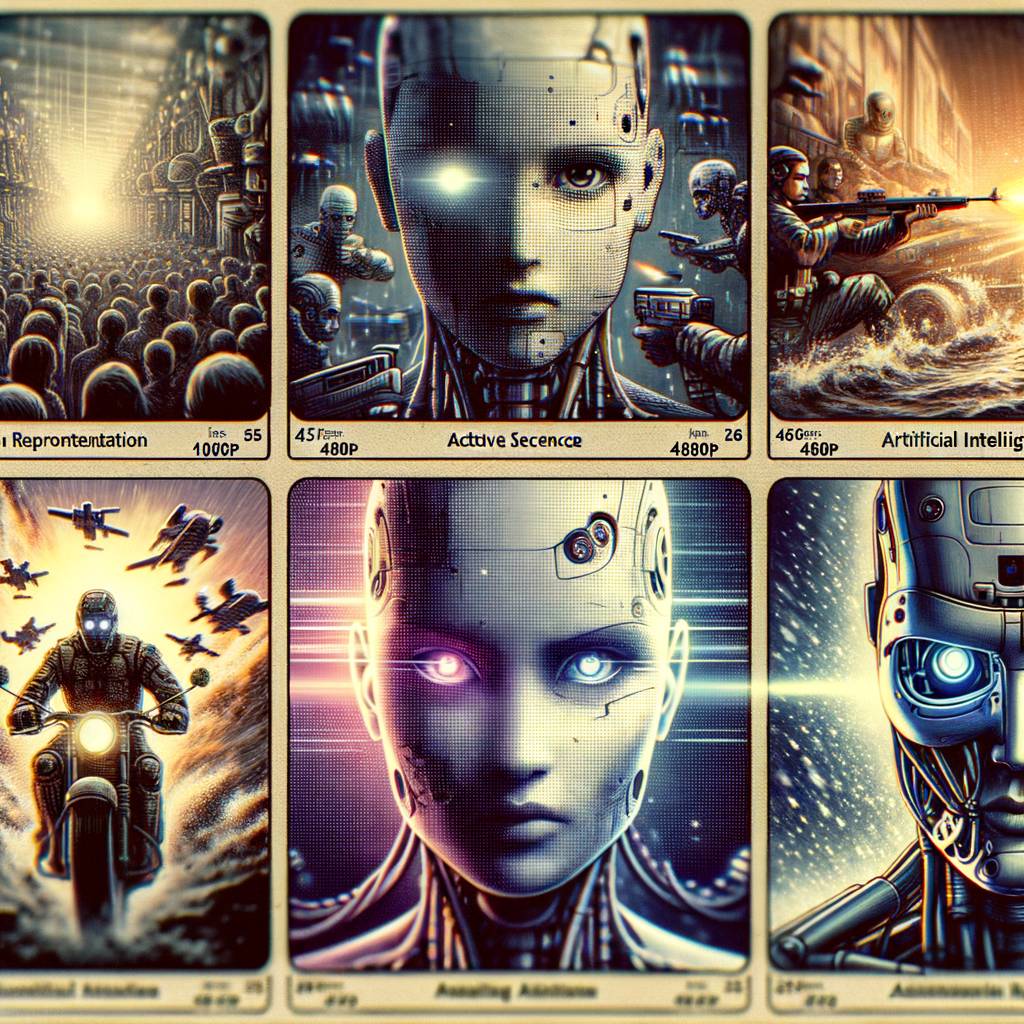Visions of Tomorrow: The Symbolism of Technology in Blade Runner 2049
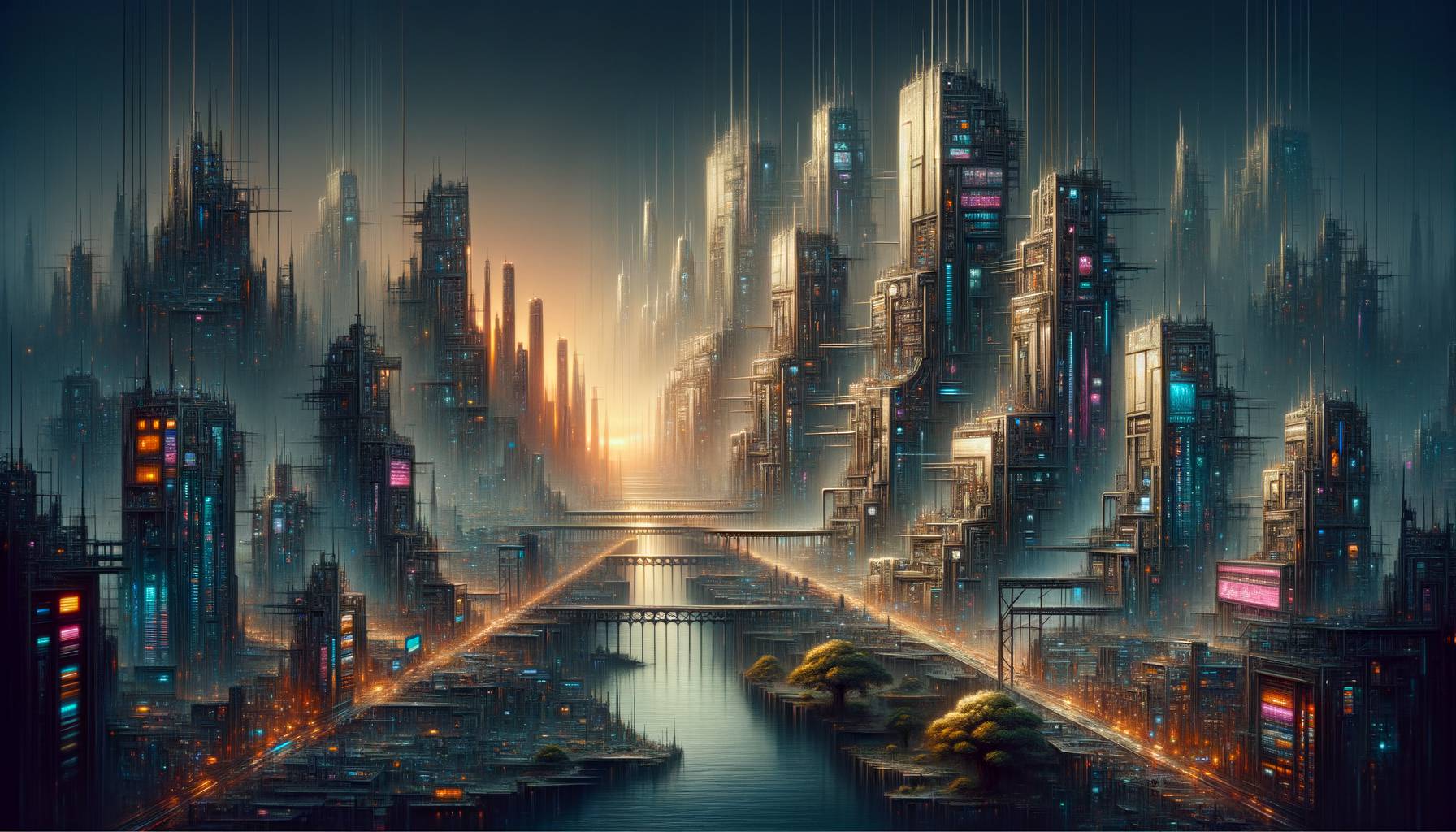
In the realm of science fiction, few films have managed to capture the imagination and provoke thought as effectively as Blade Runner 2049. Directed by Denis Villeneuve, this sequel to the 1982 classic Blade Runner presents a dystopian future where technology has become an integral part of human existence. This article delves into the symbolism of technology in Blade Runner 2049, exploring how it shapes the narrative and reflects on our own relationship with technology.
The Role of Technology in Blade Runner 2049
Technology in Blade Runner 2049 is not just a backdrop for the story; it is a character in itself. It shapes the world, influences human behavior, and even questions the very nature of humanity. The film uses technology as a symbol to explore themes of identity, memory, and reality.
Artificial Intelligence: A Mirror to Humanity
The most prominent representation of technology in the film is the Artificial Intelligence (AI), embodied in the characters of the Replicants and Joi, a holographic AI companion. The Replicants, bioengineered humans designed for slave labor, are indistinguishable from humans, blurring the line between artificial and natural life. Joi, on the other hand, is a digital entity capable of emotion and desire, challenging our understanding of consciousness and existence.
As Villeneuve stated in an interview, “The movie is a reflection on what it means to be human.”1 The AI characters in Blade Runner 2049 force us to question what defines humanity. Is it our biological makeup, our memories, or our capacity for emotion and empathy?
Memory Implants: The Illusion of Reality
Another significant technological symbol in the film is the memory implants used in the Replicants. These fabricated memories, designed to provide a semblance of a past, play with the concept of reality. They raise questions about the authenticity of our experiences and the reliability of our memories.
As the character Niander Wallace, the creator of the new generation of Replicants, puts it, “Every leap of civilization was built off the back of a disposable workforce… We lost our stomach for slaves unless engineered.”2 This quote underscores the film’s critique of how technology can be used to manipulate and control.
Reflections on Our Relationship with Technology
Blade Runner 2049 uses technology as a symbol to reflect on our own relationship with it. The film presents a future where technology has become so integrated into our lives that it shapes our identity and perception of reality. It serves as a cautionary tale, warning us of the potential dangers of unchecked technological advancement.
- Dependence on Technology: The film depicts a society heavily reliant on technology for survival and comfort. This dependence is symbolized through the character of Joi, who provides companionship and emotional support to the protagonist, K.
- Dehumanization: The Replicants, despite their human-like qualities, are treated as disposable commodities. This dehumanization reflects the potential for technology to be used as a tool for exploitation and control.
- Loss of Authenticity: The memory implants in the Replicants symbolize the potential for technology to distort our perception of reality and undermine the authenticity of our experiences.
Conclusion
In conclusion, Blade Runner 2049 uses technology as a powerful symbol to explore themes of identity, memory, and reality. It presents a vision of the future that reflects on our own relationship with technology, serving as a cautionary tale of the potential dangers of unchecked technological advancement. As we continue to navigate our increasingly digital world, the film’s exploration of these themes remains as relevant and thought-provoking as ever.
Footnotes:
1. Denis Villeneuve, interview with The Verge, 2017
2. Blade Runner 2049, screenplay by Hampton Fancher and Michael Green, 2017
